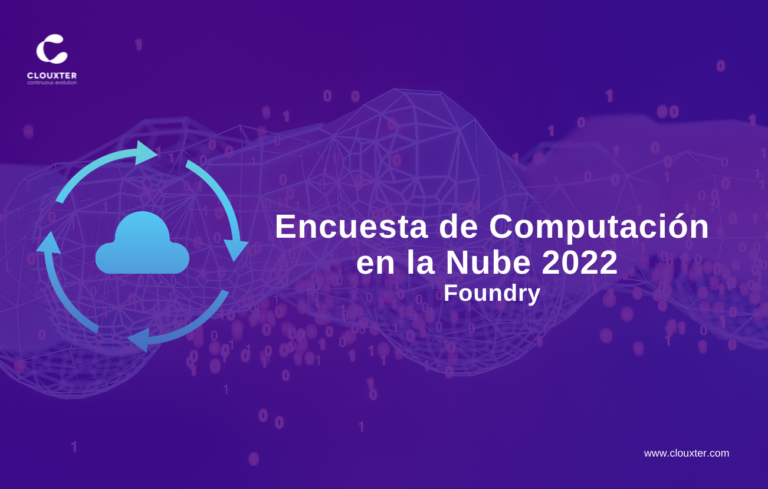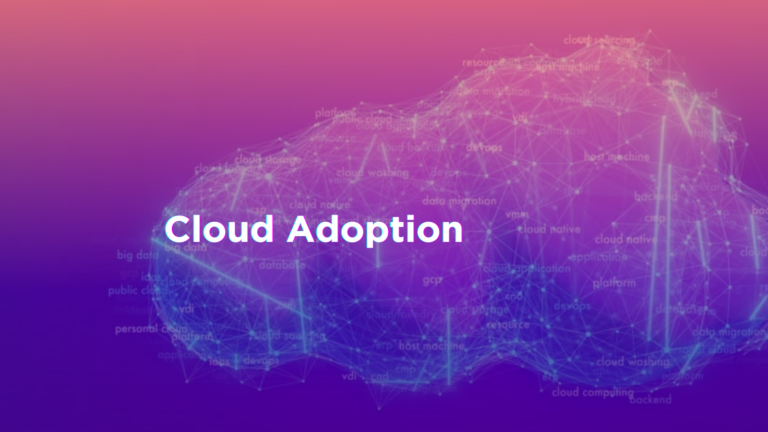VAT, a devastating blow to Cloud technology services
The 2021 Tax Reform project seeks to change services that use this type of technology (cloud technology) from excluded to taxed from 0 to 19%, as with public services. This will generate unfavorable repercussions on the finances of the companies and clients of this economic activity.
After a drop in the national economy of -6.8 percent, as reported by DANE, the National government submitted the Tax Reform project to the Congress of the Republic, whose collection objective is 23.4 billion pesos. This, without a doubt, will generate negative repercussions on the reactivation of the country’s productive apparatus, including the tertiary and/or services sector.
What will the 2021 Tax Reform bring to Colombia?
The introduction of a radical transformation in the application of the Value Added Tax (VAT) will largely affect the technology sector, whose contribution has been notable in the health crisis and will be notable in the post-pandemic due to the intensification of remote work and the use of the technologies of the Fourth Industrial Revolution.
Through the reform, the National government intends to increase the number of products and services that will no longer be exempt from paying this tax. With this change, products and services in the technology sector of Cloud Computing, Web pages, and servers (hosting) should pay the application of VAT at its maximum range, that is, 19%.
Repercussions of the 2021 Tax Reform
The introduction of this tax novelty in cloud computing technology will generate a series of negative consequences.
- Firstly, within companies, there will be a dynamic that can be called cash stress. With this, the financial area forecasts that internal corporate processes such as collection would be critical, especially the cash conversion cycle.
- Secondly, in the case of consumers, those who manage to cross the discountable VAT will be immersed in a scenario in which the increase in prices and/or restructuring of costs and expenses will be recorded, among other potential adverse dynamics.
This, without a doubt, will cause unfavorable repercussions in the pockets of these two players in the national technology market.
According to Leonardo Suárez, CEO of Clouxter, currently, its clients have a local billing service that is characterized by a series of benefits.
Among these, it stands out that clients can pay for this type of technological service in Colombian pesos without VAT. In this way, 100 percent of the expense is deducted and these actions are reported to the tax authorities as an operating cost, in addition to the advantage of facilitating payment within 30 or 60 days.
Substantial changes due to the tax reform
However, with the introduction of the 2021 Tax Reform, substantial changes will be experienced in the financial dynamics of companies.
Suárez explains that, for example, “a client who pays for their cloud services directly to AWS (Amazon Web Services) saves 19% VAT. However, it is not clear how much of the external expenses you will be able to deduct because the limit is 15% of net income.
Assuming that this is 10 million pesos, you can only deduct foreign expenses worth 1.5 million pesos. This is something complicated,” he explains.
Another consequence that Clouxter’s CEO points out is that the reform would mean spending more time doing accounts than expanding the operation.
This would occur when clients decide to pay 19% VAT, which can be deducted in two ways: first, by being VAT generators and being able to cross it (discountable VAT), and second, by deducting the part of the tax that is can for other services and carry the difference as a higher value of the cost expense.
Dynamics adopted during the pandemic such as remote work have allowed companies to be agile, develop a culture of collaborative work, and demonstrate that it is not necessary to have staff in offices to continue their operation and provide a high-quality service.
However, for these practices to be consolidated and strengthened, investment in technology by companies is essential.
This will be compromised by the reform, which will cause a setback in these global dynamics that increase productivity and effectively contribute to reducing the risks of contagion and the spread of the virus.
For a sector like technology, in which cloud computing is an essential input equivalent to public service for the development of new technology and whose use is extensive and irreplaceable throughout its entire operation, the introduction of This change in VAT, taxing this type of service, will undoubtedly affect the adoption and consolidation of these technologies in Colombia, decreasing the country’s competitiveness and leaving it behind in terms of technology use.
Finally, this dynamic not only goes against the intentions of the president, Iván Duque Márquez, to turn the country into what he calls “Silicon Valley of Latin America”, but also postpones the use of these tools of modernity by many consumers. corporations that will seek to adapt to the new tax reality that is being imposed on them and/or transferring it to their clients.
All of this makes it difficult for the country and the region to stay afloat and economically recover after the impact of the health crisis generated by Covid 19 and the potential million-dollar losses that it will cause to the companies that provide this technological service.







